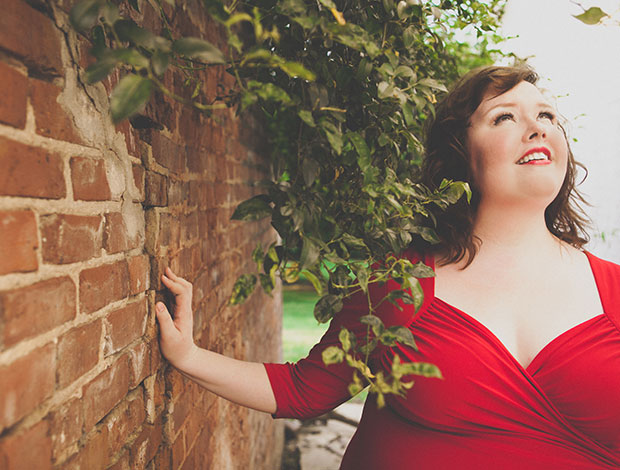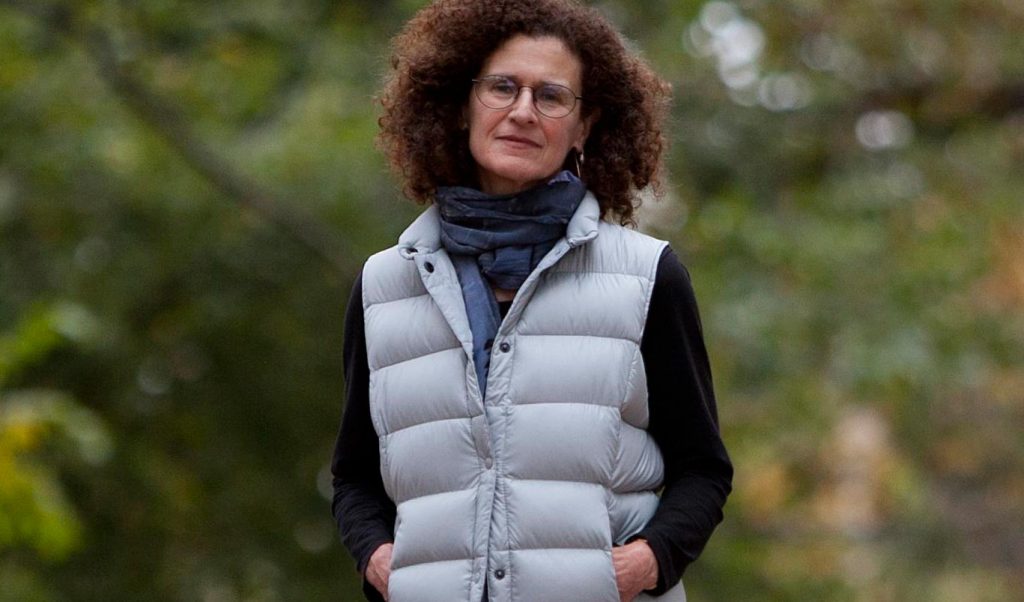Please note: This post is a part of series.
Gertrude Stein’s Tender Buttons is sometimes described as a work of “verbal cubism.” Wrote Marcel Proust in a letter: “For several years, Beethoven’s late quartets and Franck’s music have been my primary spiritual nourishment.” You probably know that Karl Ove Knausgård wrote a music column when he was sixteen (covered: Simple Minds, Talking Heads, David Bowie, and Eric Clapton). And you?
At UMS we were inspired by the impact of performance on other kinds of creative work, so we started an Artists in Residence program.
Here at MQR, I hope to offer “small bites” of this experience. You’ll see a series of posts focusing on cross-pollination and inspiration in the arts. Alongside each post, UMS will offer up a pair of tickets to an Ann Arbor-area reader of the MQR Blog (it could be you!), and then we’ll follow up with our reader after his or her performance experience as part of the next post in the series.
Enchanted by Opera
What can opera do for you? I recently came across the Metropolitan Opera’s blog “Last Night at the Met,” which features prominently the stylish accoutrements of opera. When I went to see a rehearsal of the Queen of Spades there, I certainly didn’t understand the details of how the music and staging worked, but to be submerged in the subculture was thrilling. (So much so that I wrote about it.)
I present to you a list of fiction inspired by opera. There are people you’d expect, like E.M. Forster, for example. Forster is said to have had a passion for music that helped him write:
One feels the charge and the echo of many great composers in his novels (he also wrote the libretto for Benjamin Britten’s Billy Budd) and for him it was not just a shadow art form but an ideal to strive for. Music was Forster’s portal into the sublime. “The kingdom of music is not the kingdom of this world,” he wrote in A Room With a View (1908). “It will accept those whom breeding and intellect and culture have alike rejected. The commonplace person begins to play, and shoots into the empyrean without effort, whilst we look up, marveling how he has escaped us, and thinking how we could worship him and love him, would he but translate his visions into human words.
There are other writers who are drawn to the libretto as a form. In 1995, anyway, it seemed that everyone wanted to write an opera, including Joyce Carol Oates and Ishmael Reed. “Literary figures who might once have scorned libretto writing as a secondary art are being drawn once again to the form that captured Dryden, Maeterlinck, von Hoffmansthal and Auden,” the New York Times noted in its trend piece. Dare I mention Nosferatu? Dare I mention Decreation?
Maybe a bit of singing is just what your writing needs. I present to you Jamie Barton, winner of the 2015 Richard Tucker Award, often called the “Heisman Trophy of Opera.” She is due to come to Ann Arbor to give a solo recital at Hill Auditorium on January 10, 2016. This recital will include songs of Joaquín Turina, Ernest Chausson, Franz Schubert, Antonín Dvořák, and Sergei Rachmaninoff. The New York Times (which headlines Baron as “Opera’s Nose-Studded Rock Star”) calls her “a leader of a new generation of opera stars” and Metropolitan Opera General Manager Peter Gelb says, “Hopefully, there won’t be a season she won’t sing at the Met.”
Interested? In the spirit of finding inspiration in opera, we’re giving away two tickets to Jamie Barton to one lucky fan of Michigan Quarterly Review.
To enter to win, comment on the link to this post on MQR’s Facebook page or tweet to @mqr_tweets in one of the following ways: (1) Share a favorite opera-related link, (2) Share a favorite piece of writing about opera or singing, (3) Share why you’d like to go to this performance, (4) Other (you choose! be creative if you like), but still a comment. Comment by Friday, November 13.
The winner will be selected at random and announced on MQR’s Facebook page. Meanwhile, tickets to Jamie Barton are also on sale over at UMS.



